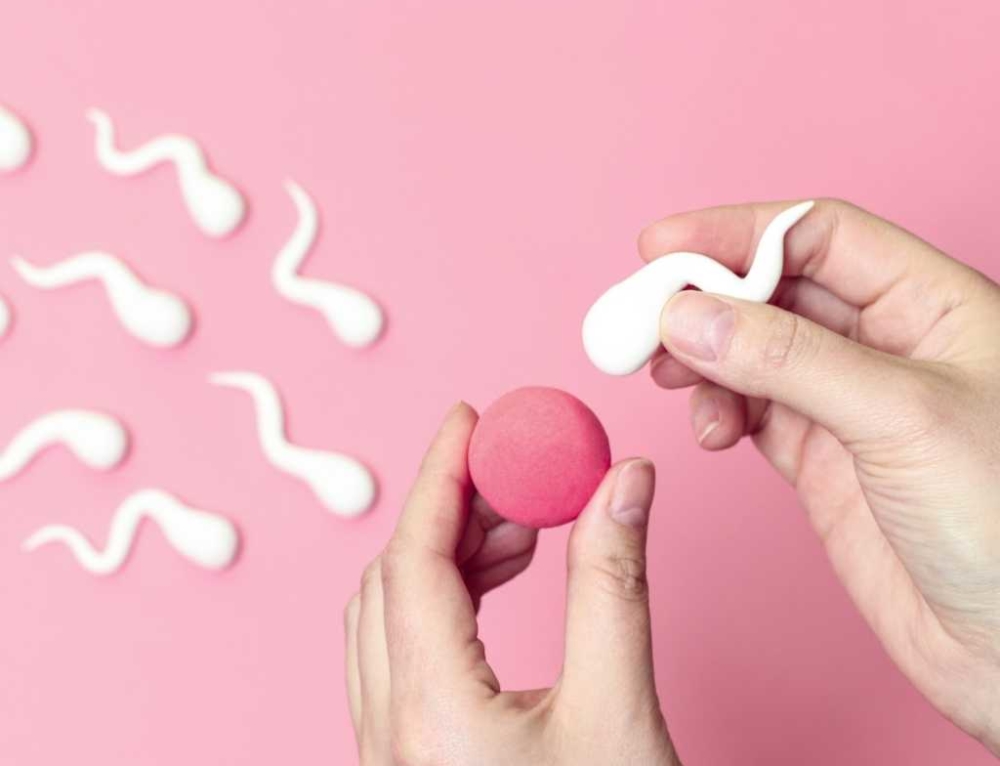The amount of bleeding after delivery can be quite frightening, but it’s completely normal and – if you think about it – expected. This bleeding is called lochia.
First the placenta separates from the uterus, exposing open blood vessels, and then the uterus shrinks down from over one kilogram to just over 50 grams, expelling blood, mucus and tissue as it does.
You also have to remember that the amount of blood in your body increased by about 50 per cent during your pregnancy, and now it’s time for things to go back to normal. Here’s what you need to know:
Week 1:
- Expect a flow heavier than your period with blood clots every now and then. If the clots are bigger than a plum, call your doctor
- Don’t be surprised if you feel a gush of fluid when you stand up
- If the bleeding is uncontrollable or you’re bleeding through more than one pad an hour, call 111 or go to the emergency room immediately. You could be haemorrhaging – a serious condition that could be life-threatening if not treated
- The colour will at first be very, very red (which, in and of itself, looks alarming). Over the next six or so weeks, this will eventually turn pink, then brown, then to a yellow discharge.
- Keep super-flow maxi pads on hand – and a lot of them. Don’t use tampons, as your uterus is still open. (As if you’d want to stick anything up there right now)
- The blood shouldn’t have any foul odour. If it does, check in with your doctor or Lead Maternity Caregiver (LMC).
- The bleeding may last anywhere from a couple of weeks to a full six, with possible spotting even later.
- If you’re not bleeding at all, give your doctor or LMC a call.
- The best way to keep that area clean is to have a bath and gently swish the water around while taking the time to have a good soak. Dab yourself dry with a clean towel.
- If you are breastfeeding, you might feel cramps in your uterus as it contracts as you feed. You may also experience heavier bleeding.
Week 2:
The amount of bleeding should have diminished a bit from last week, meaning you may be able to replace the super-duper nappy-like maternity pads you’ve been using with regular sanitary napkins (don’t use tampons as your uterus is still open). However, your uterus is still shrinking, expelling blood, mucus and tissue, and your body basically has a gaping wound from where the placenta was attached.
- You might still be experiencing a bright red flow heavier than your period with clots every now and then. If the clots are bigger than a plum, call your doctor or Lead Maternity Caregiver (LCM).
- On the other hand, you could start to see a more menstrual-like flow, looking more pink or brown than shockingly red.
- Those breastfeeding may experience less bleeding because nursing stimulates the uterus to shrink faster.
- Don’t be surprised if you feel a gush of fluid when you stand up.
- If the bleeding is uncontrollable or you’re bleeding through more than one pad an hour, call your doctor or go to the emergency room immediately. You could be heamorrhaging – a serious condition that could be life-threatening if not treated.
- The blood shouldn’t have any foul odour. If it does, check in with your doctor or LMC.
- If you’re not bleeding at all, give your doctor a call.
Weeks 3-6:
In most cases, the lochia will gradually lessen and change colour from red through to pink and brown, then a yellow/white discharge.
This process can take up to six weeks, though it may not take that long. Continue to avoid tampons and heavy lifting until your uterus is fully shrunk and closed. If the discharge has a foul odor, call your practitioner.
When to call for help
If the bleeding is uncontrollable or you’re bleeding through more than one pad an hour, call 111 or go to the emergency room immediately. You could be haemorrhaging – a serious condition that could be life-threatening if not treated
Call your LMC or Doctor if:
- your discharge has become smelly
- you have a temperature
- your tummy starts feeling more tender
- you feel faint or dizzy
- you have a large number of clots; or
- your heart is racing







Leave A Comment
You must be logged in to post a comment.